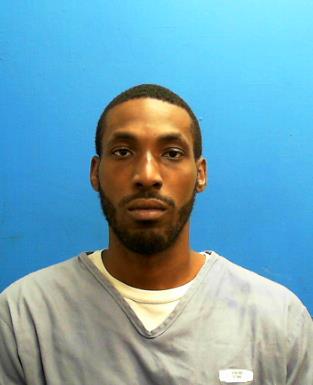Please E-mail suggested additions, comments and/or corrections to Kent@MoreLaw.Com.
Help support the publication of case reports on MoreLaw
Date: 04-09-2018
Case Style:
Dantrell J Jenkins vs State of Florida

|
Case Number: 16-5680
Judge: PER CURIAM
Court: FIRST DISTRICT COURT OF APPEAL STATE OF FLORIDA
Plaintiff's Attorney: Pamela Jo Bondi, Attorney General, and Jason Rodriguez, Assistant Attorney General
Defendant's Attorney: Andy Thomas, Public Defender, and Kevin Steiger, Assistant Public Defender
Description: Jenkins is a close relative of the victim’s father, had a close relationship with the victim and her mother, and often came to their house. Jenkins admitted that in the early morning hours one day, when the victim was eight years old, he came to the house high on various drugs and lay down next to her. Sometime later, the victim’s father walked into the living room and saw the victim with Jenkins’ penis in her mouth. Jenkins contends that he woke up when the victim, on her own, took Jenkins’ pants off and began performing oral sex on him. Just as he woke up, and before he could stop her, he claims, her father walked in and saw
2
them. The victim gave a different account of the events, which included Jenkins waking her up, grabbing her by the back of the head, and forcing her to put his penis in her mouth.
The victim told her mother that her father had walked in that morning and saw Jenkins’ penis in her mouth; she mentioned no other details, such as who initiated the act. The State filed a notice to rely on this statement at trial as the statement of a child victim pursuant to section 90.803(23), Florida Statutes.
At the child-hearsay hearing, the victim’s mother told the trial court what the victim told her. The defense conceded that Jenkins had already admitted that the incident occurred, and only argued as to who initiated it. But the defense argued that the victim’s mother was not a credible source, and believed some of her hearing testimony was incompatible with her previous interview with child services personnel, in which she purportedly minimized her knowledge of the incident. If the trial court continued the hearing, the defense asserted, it could produce the mother’s interviewer and demonstrate the mother’s inconsistency and lack of credibility. If she was found to not be a credible witness, the statement must be excluded.
The trial court stated that any concerns it might have as to the mother’s credibility were alleviated by Jenkins’ own admission. The only statement the victim made to her mother— that her father walked in and saw her and Jenkins—was undisputed by Jenkins. The court declined to continue the hearing and held that, so long as the victim testified at trial, her statement to her mother would be admitted.
Evidence at trial included the testimony of the victim, her mother and father, the defense witness intended to impeach the mother, and the individuals who conducted the interviews of both the victim and Jenkins, as well as the recorded interviews themselves. The jury returned a guilty verdict within twelve minutes.
Jenkins does not argue that the trial court’s findings were inadequate under section 90.803(23), Florida Statutes, but only
3
that it should have continued the hearing to allow the defense to present an impeachment witness. Jenkins presents no authority indicating that a trial court must continue a properly scheduled hearing so the defense may produce impeachment witnesses, and we decline to impose such a rule. Because there was competent, substantial evidence supporting the reliability of the statement at issue, the trial court did not abuse its discretion. See Perez v. State, 536 So. 2d 206, 211 (Fla. 1988). This is especially the case when the defendant stipulates to the truth of the statement. See id. at 212 (Shaw, J., concurring specially) (“Even more significantly, the hearsay statements were consistent with the confession of petitioner . . . . Under these circumstances, the hearsay corroborated the confession and served only to prove corpus delicti by showing that a crime had been committed.”). Had there been any error, it would have been harmless, as Jenkins admitted that the act occurred in a post-Miranda∗ recorded interview played before the jury.
Outcome: AFFIRMED.
Plaintiff's Experts:
Defendant's Experts:
Comments: